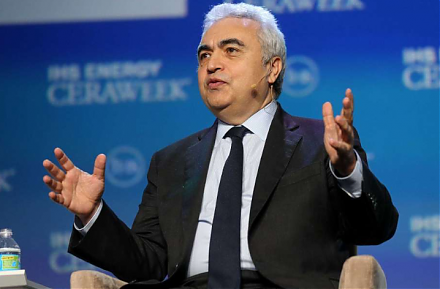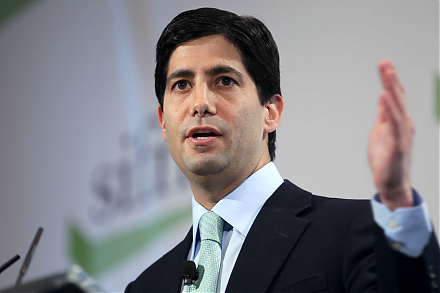

2019-08-02 17:39:00 Fri ET
federal reserve monetary policy treasury dollar employment inflation interest rate exchange rate macrofinance recession systemic risk economic growth central bank fomc greenback forward guidance euro capital global financial cycle credit cycle yield curve
The Phillips curve becomes the Phillips cloud with no inexorable trade-off between inflation and unemployment. Stanford finance professor John Cochrane disagrees with Harvard macro economist Gregory Mankiw with respect to the mysterious and inexorable trade-off between inflation and unemployment. It is difficult to depict a key downward Phillips curve for the post-war period because there is no conclusive trade-off between inflation and unemployment. This empirical result remains true even when we consider alternative measures of U.S. inflation such as the deflator for personal consumption expenditures (PCE) and core consumer price index (CPI) inflation less food and energy. Furthermore, the empirical result continues to hold in practice when we consider the economic output gap in lieu of the unemployment rate. Cochrane suggests no clear trade-off between inflation and unemployment in the Phillips cloud. In other words, the Phillips curve is too flat to be true.
This analysis poses a conceptual challenge to New Keynesians who seek to attain the Federal Reserve dual mandate of both price stability and maximum sustainable employment. The central bank can constrain money supply growth as a potential source of economic disturbance; yet, the long-term welfare cost of low inflation has no real impact on economic output, employment, and capital investment.
If any of our AYA Analytica financial health memos (FHM), blog posts, ebooks, newsletters, and notifications etc, or any other form of online content curation, involves potential copyright concerns, please feel free to contact us at service@ayafintech.network so that we can remove relevant content in response to any such request within a reasonable time frame.
2022-02-25 00:00:00 Friday ET

Empirical tests of multi-factor models for asset return prediction The capital asset pricing model (CAPM) of Sharpe (1964), Lintner (1965), and Bla
2018-05-25 07:30:00 Friday ET

President Trump introduces $50 billion tariffs on Chinese products and new limits on Chinese high-tech investments in America. This new round of tariffs
2019-03-25 17:30:00 Monday ET

America seeks to advance the global energy dominance agenda by toppling Saudi Arabia as the top oil exporter by 2024. The International Energy Agency (IEA)
2017-07-25 10:44:00 Tuesday ET

NerdWallet's new simulation suggests that a 25-year-old millennial who earns an inflation-free base salary of $40,456 and saves 15% each year faces a 99
2025-06-20 08:27:00 Friday ET

President Trump poses new threats to Fed Chair monetary policy independence again. We describe, discuss, and delve into the mainstream reasons, conc
2026-07-01 11:29:00 Wednesday ET

In recent years, higher American economic growth has been impressive both by historical standards and in comparison to the rest of the world. American excep